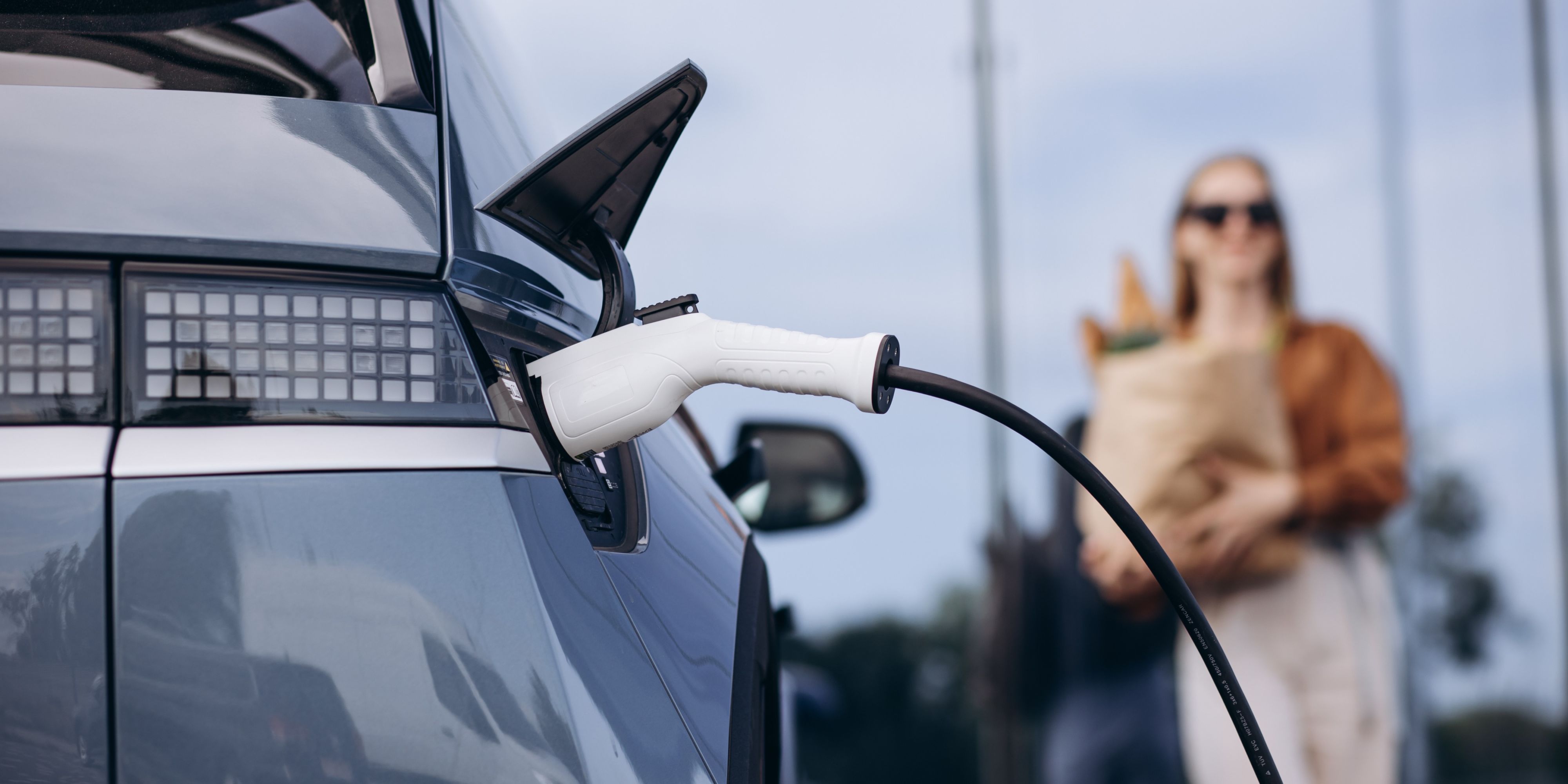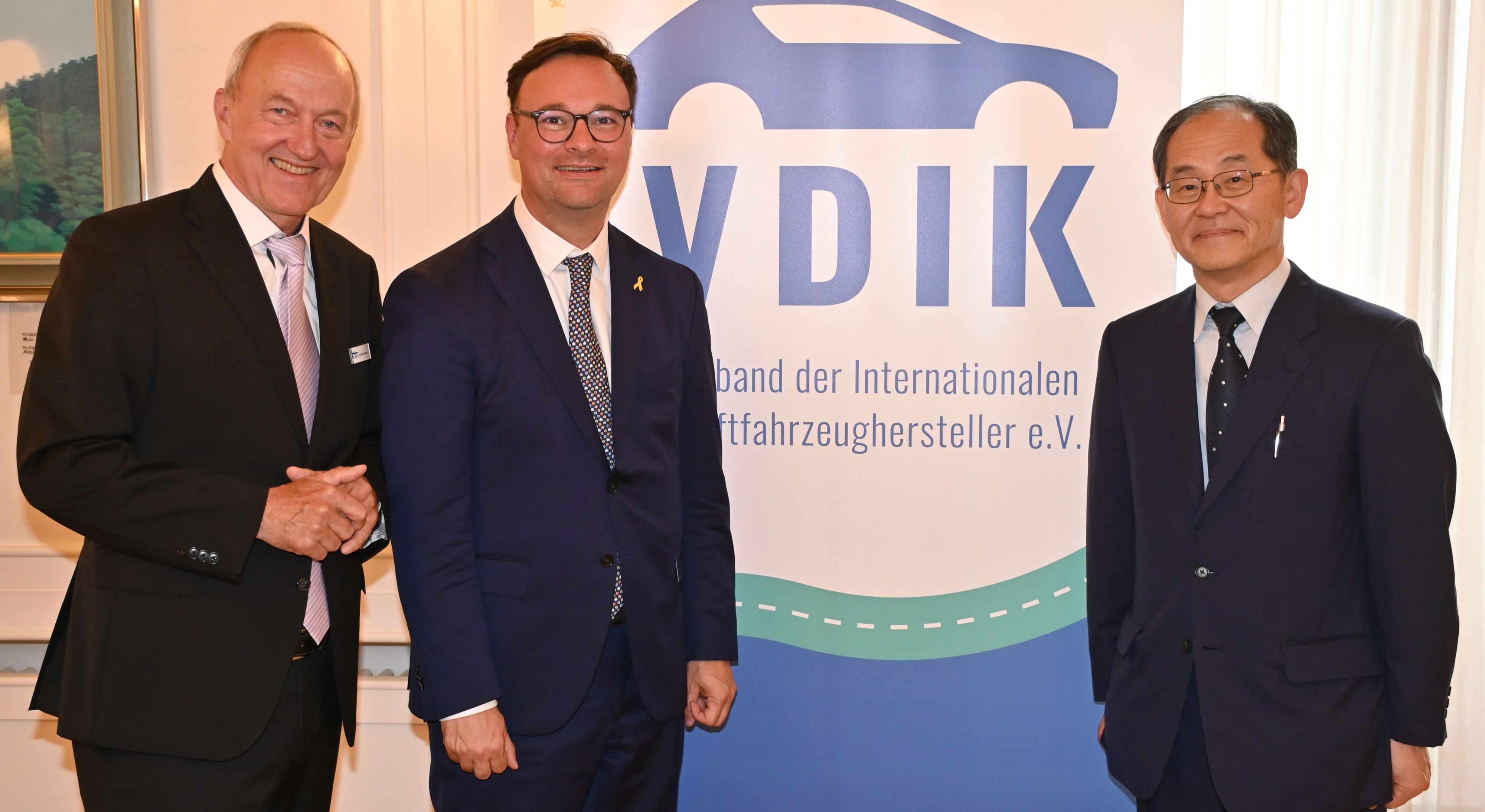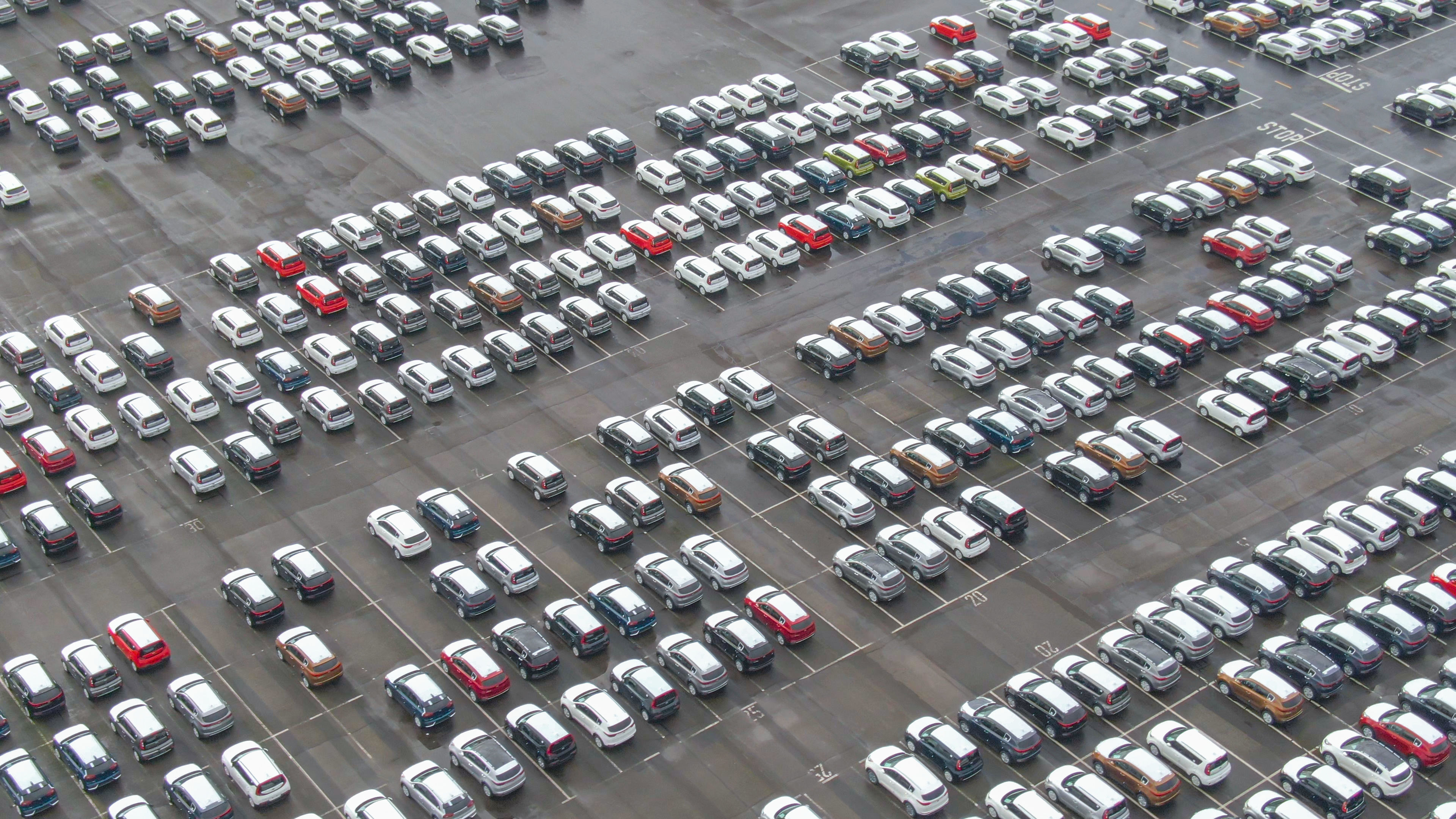The German passenger car market suffered a setback in August with a minus of 20 percent compared to the same month last year. The Federal Motor Transport Authority registered 251,044 new registrations. However, August 2020 had one working day less.
In the first eight months the decline was 29 percent, with 1.78 million new passenger cars registered. This means that the market is still at its lowest level since reunification. Almost 712,000 new passenger cars were registered by international brands between January and August. During this period, the market share of the VDIK members rose to around 40 percent (previous year: 39.1 percent).
Reinhard Zirpel, President of the Association of International Motor Vehicle Manufacturers, explained: “The August results show that it is still too early to give the all-clear. The recovery of the passenger car market remains rather tentative for the time being. However, we are encouraged by developments in the private market. It grew by 1 percent in the months of July and August, while the overall market contracted by 12 percent. We expect further growth in the private customer segment by the end of the year. The reduction in value-added tax and the associated offers are having an effect.
There are still restrictions – with regional differences – on the registration offices, in some cases severe ones. “In this already extremely difficult economic situation, the situation with the authorities must not become an additional factor inhibiting the economy. The federal states and local authorities must now ensure that the admissions offices throughout Germany can work efficiently again as quickly as possible,” said Zirpel.
Private new registrations fell by 7 percent in August alone, but developed much more favorably than the overall market. In the first eight months, more than 650,000 new registrations were counted by private customers. This is a decline of 27 percent.
The market for diesel passenger cars fell more sharply than the market as a whole in August with a 27 percent drop. A total of over 542,000 diesel passenger cars were newly registered between January and August. The diesel share has thus fallen to 31 percent (same period in 2019: 33 percent).
Significant growth rates were recorded for alternative drive systems. According to the KBA, 16,076 passenger cars with battery electric drives were newly registered (up 222 percent). In addition, 17,095 new plug-in hybrids (up 448 percent) hit the roads.
The commercial vehicle market also recorded a significant decline in August, with 29,284 new registrations, down 23 percent. From January to August, the decline was 25 percent. The VDIK therefore continues to advocate a European fleet renewal program for environmentally friendly heavy commercial vehicles, as provided for in the economic stimulus package. The Federal Government should strongly advocate this in Brussels.





